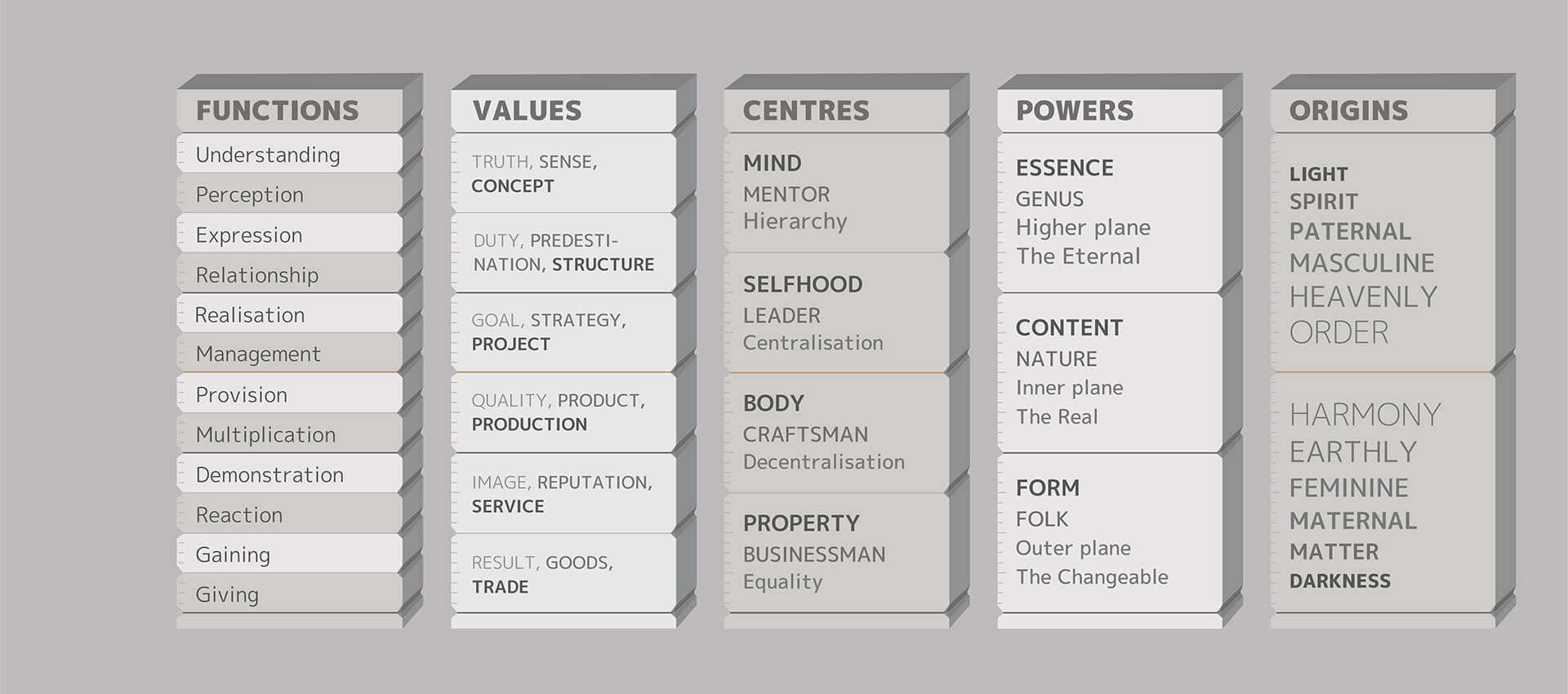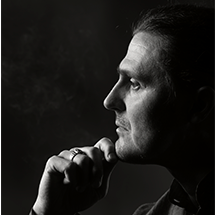PROBLEM
These days, many people take offence or feel upset when things don't go as expected. It seems to a person that he was not appreciated enough, was subjected to unjustified criticism, not paid due attention to, or even completely ignored.
This problem only seems to concern the one who takes offence. In fact, the one towards whom this offence is directed, or who is considered as the cause of the misery, can feel no better. Moreover, external witnesses feel as well that the offended person makes the atmosphere around “toxic”. It becomes difficult to be around this person, even if he manages to show no signs of resentment outwardly. In other words, with his resentment, an individual performs a certain action within himself, which brings bad feelings to everybody and benefits no one. These situations are repeated over the years, causing exhaustion in all participants, negatively affecting their relationships and sooner or later leading to their collapse.
Much research has been devoted to this problem in the field of psychology. Practising psychologists also devote a significant part of their work to this issue. However, the recommendations given are often ineffective, contradictory, not rarely simply wrong and aimed at justifying the behaviour of the “offended”, comforting him and reducing communication with the “offender”, that is, removing unpleasant symptoms without eliminating the causes of the “disease” itself.
In this publication, we will consider the problem of resentment from the standpoint of a systematic approach and try to answer the following questions:
- What is the underlying cause of the tendency to take offence and feel upset?
- What is the mechanism of this reaction?
- What effect does resentment have on the person against whom it is directed?
- How to get out of the painful state of resentment and never again plunge into it?
SOLUTION APPROACH
The solution to any problem must be based on a clear concept that gives an idea of reality as it is, and is based on truths, or unchanging and verifiable measures.
We offer a natural and holistic system of measures, expressed by us in the form of the Universal LiveDevice-Matrix with its five scales of different dimensions, each with its own hierarchical range of values. The matrix gives a clear idea of everything that is within the range of an individual’s perception and can be experienced by him directly. With its help, we determine which level of our life corresponds to any phenomenon, and what is the deviation from the ideal state, i.e. where the cause of the problem lies. The principles of building the Universal Matrix are described in detail in our publication LiveDevice I. Basics of the Approach.

DIAGNOSTIC METHOD
For a successful diagnosis, we start by sensing the state of the person experiencing the problem, and then move along the matrix from right to left, on each scale determining the highest level affected by it. We pinpoint the highest problematic level, since all the lower levels of life are subordinate to the higher ones.
Diagnostics begins with the rightmost scale, denoting the two Origins of man — Spirit and Matter (or Light and Darkness, etc.). Moving further along the matrix, in each subsequent scale we choose one of two possible values which, according to our feelings, best corresponds to the problem we are studying. Having made a choice of a certain value in one scale, we remain within the limits of the range given by it when getting over to subsequent scales. Moving this way along the matrix from right to left, we consistently narrow the range of human life down to the scale of twelve functions. In it we find that particular function (action) an individual needs to perform in order to solve his problem.
The value we choose in each scale is not only an indicator of the cause of the problem in terms of this scale, but also a clue to its solution — what exactly a person needs to correct, or at what level to work on.

What types of relationships can exist in general? How to build a long-term relationship? Does the trend to break off relations testify development or degradation of society?
